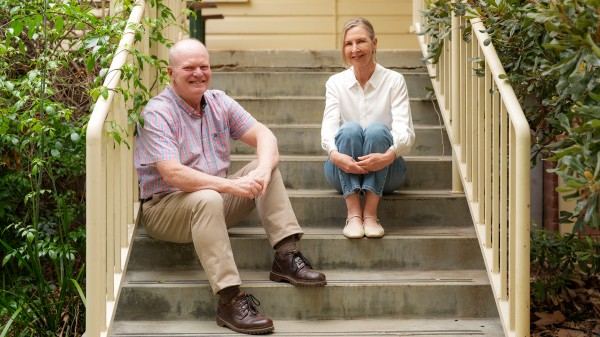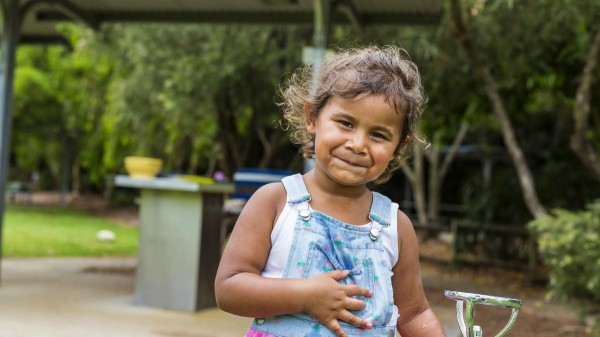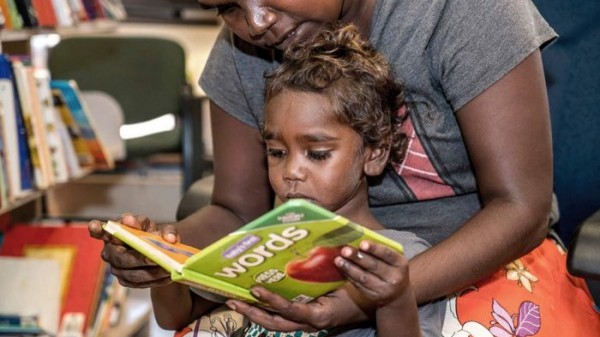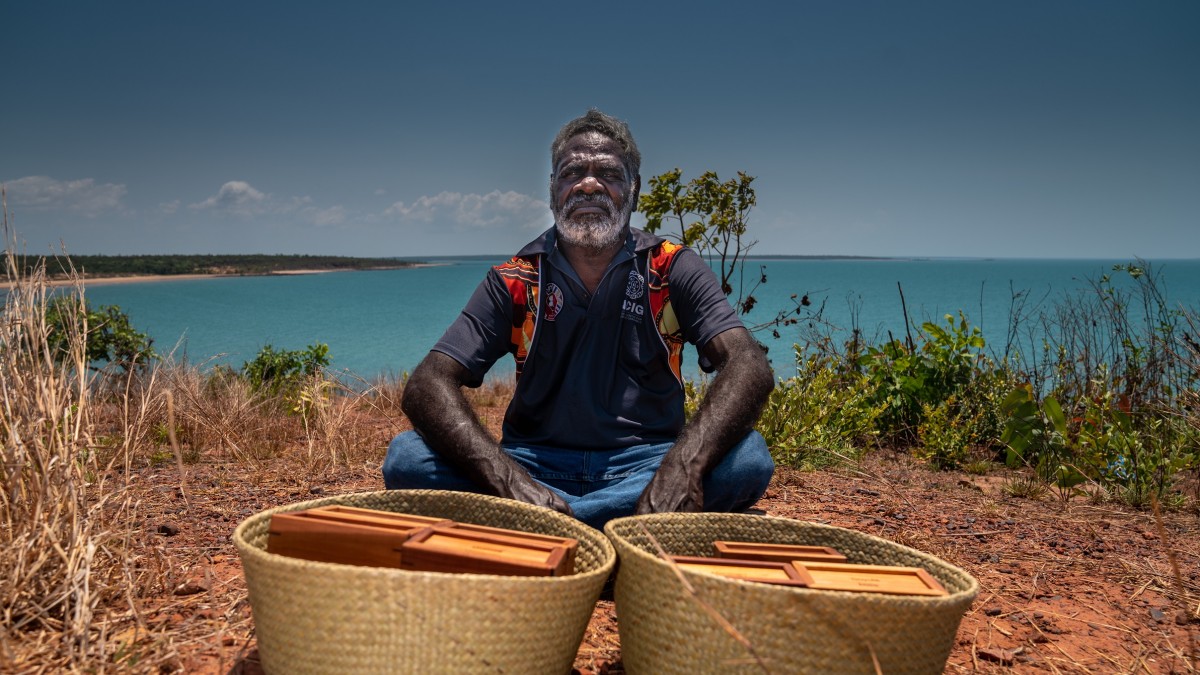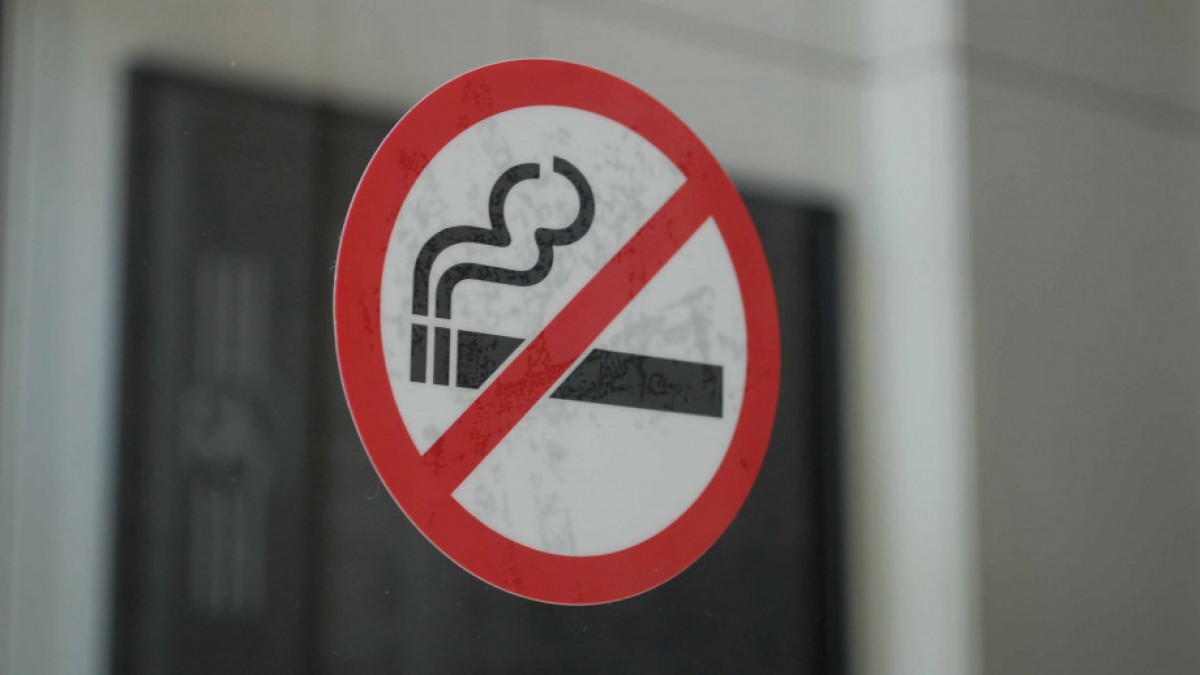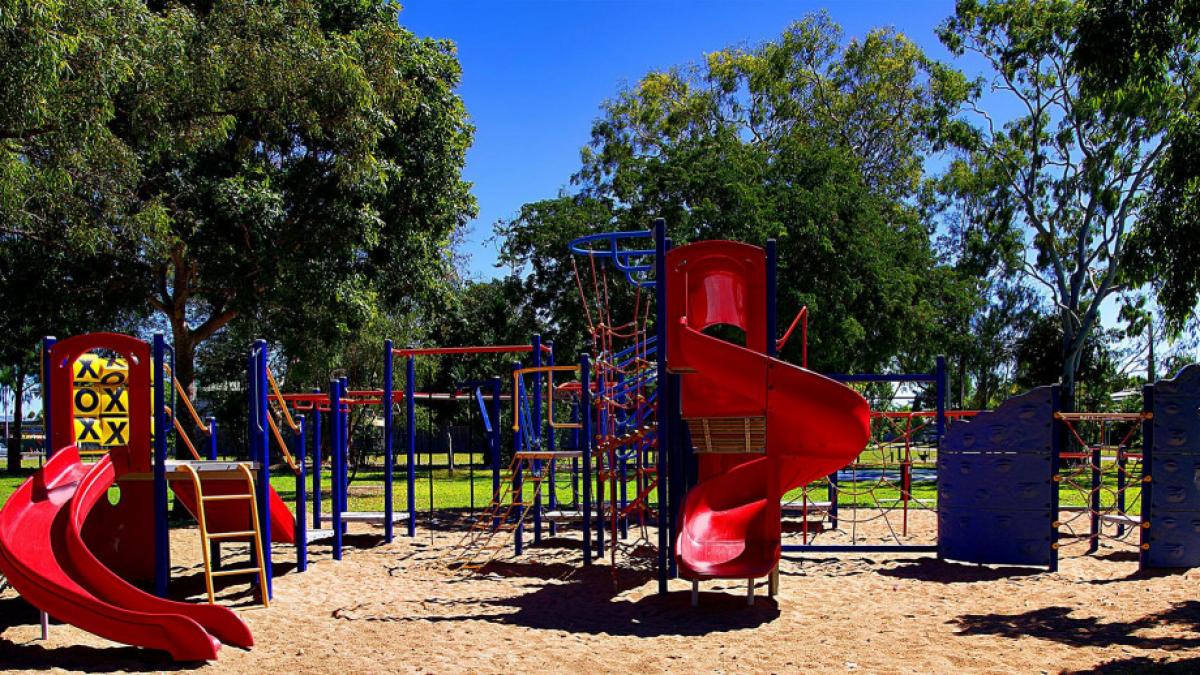Find out about our Indigenous research activities and how our Indigenous academics and students are contributing to medicine and health research.
Through our defining tenet of wellbeing, and our commitment to community engagement, much of our research is relevant to the big questions facing Indigenous Australia.
The College has vast experience in national, longitudinal studies that can positively and effectively influence policy decision making and implementation. One of the key factors of these studies is their holistic manner of investigation. Another is that all research questions used are developed in consultation with communities, making them relevant to the communities involved.
A summary of some of our research centres, themes and projects are below.
Mayi Kuwayu »
Mayi Kuwayu is a major study designed to provide a far greater understanding of the value of culture for Aboriginal and Torres Strait Islander people and aims to provide insights into how culture contributes to Aboriginal and Torres Strait Islander wellbeing. The Mayi Kuwayu Study looks at how Aboriginal and Torres Strait Islander well-being is linked to things like connection to country, cultural practices, spirituality, and language use.
Mayi Kuwayu has been created by and for Aboriginal and Torres Strait Islander people. It is the first time a national study of this type has been done and will provide an evidence base to allow for the creation of better policies and programs.
Child and adolescent health
Our strengths in examining the various factors affecting the health and wellbeing of Aboriginal and Torres Strait Islander children and adolescents, allows us to positively influence the creation of government policies and programs that can target barriers to good health.
Our researchers have held key roles in Footprints in Time – The Longitudinal Study of Indigenous Children, which follows the development of around 1,700 Aboriginal and Torres Strait Islander children, their families and communities to inform better policy and program development.
Our epidemiologists are helping better understand the causes of ill health in urban Aboriginal children, to develop and implementing strategies to improve their health, through SEARCH – The Study of Environment on Aboriginal Resilience and Child Health.
Understanding disease
One of our strengths is evaluating the risk of, or factors influencing, diseases common to the general population, and how they specifically present in Aboriginal and Torres Strait Islander people.
Previous research revealed that Australian guidelines for the risk of cardiovascular disease are not adequate for Aboriginal and Torres Strait Islander peoples. As a result, national policy and practice initiatives, and state-level programs have been implemented to address the shortcomings identified in this research.
Our research has created evidence to inform tobacco reduction policies and initiatives to ensure the positive impacts on the health of Aboriginal and Torres Strait Islander people, through further reductions in levels of smoking continues into the future.
National Centre for Indigenous Genomics »
Under Indigenous Governance, the National Centre for Indigenous Genomics aims to create an enduring source of genomic information to improve the health of Aboriginal and Torres Strait Islander peoples.
Driven by the imperative that this nation should leave no one behind in the era of precision medicine, and working from a framework of respectfulness and participant-centred Indigenous decision-making, the National Centre for Indigenous Genomics is setting new standards for engagement and consent in genomic research.
Education
Education through research, about matters that affect to health and wellbeing of Indigenous people and communities, is provided to students in the College. The Indigenous Health Stream within the ANU Medical School, allows a small cohort of Indigenous and non-Indigenous students the opportunity to undertake targeted research in Aboriginal and Torres Strait Islander Health and Wellbeing.
Highlights
Research story
Close now to where it must be
In 1968, blood samples collected from Galiwin'ku in Arnhem Land were sent to ANU for research. They are now being returned to their island home.
Research story
Indigenous health and 'the gap' would be better served by focusing on positives, not negatives
When you think of Indigenous health, what is the first thing that comes to mind?
Research story
First, we listen: Hearing directly from locals about the effects of PFAS
In three very different towns, hundreds to thousands of kilometres apart across three states, residents are united by a common experience.
Research story
Indigenous smoking deaths on the rise despite people butting out
Smoking-related deaths among Indigenous Australians are likely to continue to rise over the next decade despite reductions in smoking over the past 20 years.
Research story
Early childhood the key to improving Indigenous health
A study into the health of Indigenous children has found programs and policies to promote healthy weight should target children as young as three.






